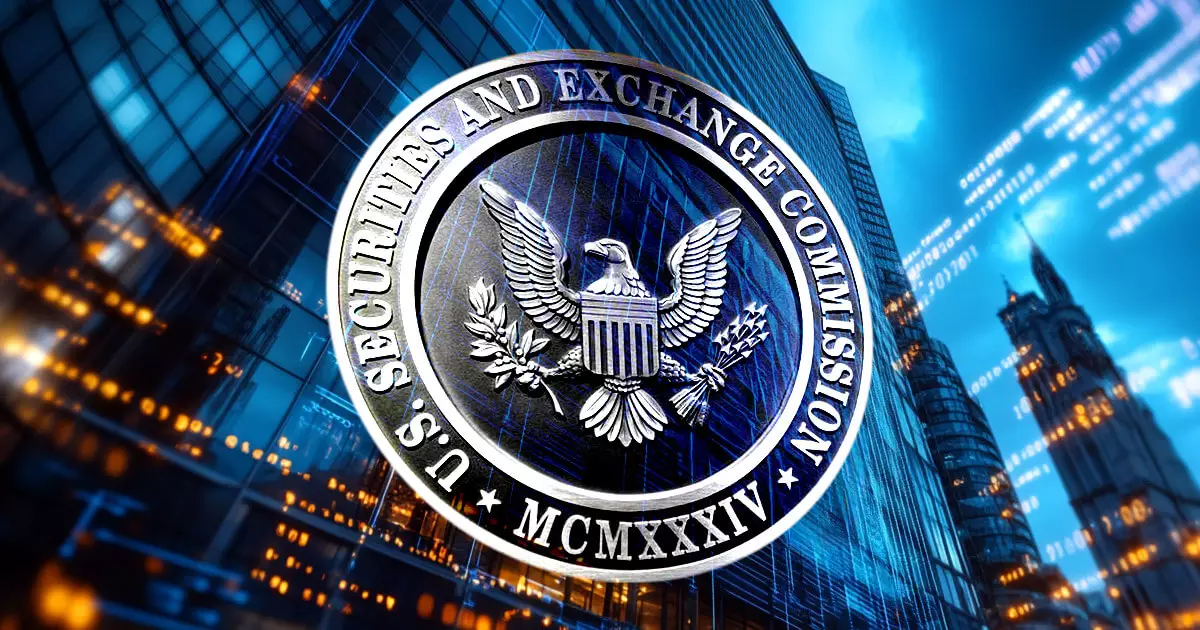The formation of the Cyber and Emerging Technologies Unit (CETU) by the United States Securities and Exchange Commission (SEC) marks a significant turning point in how the regulatory body addresses the challenges and opportunities presented by digital assets and cyber-enabled financial crimes. This strategic shift emphasizes a comprehensive approach to incorporating emerging technologies into its regulatory framework, aiming for a balance between investor protection and promoting innovation.
A New Era for Cyber Regulation
On February 20, the SEC announced this pivotal change, officially replacing its Crypto Assets and Cyber Unit. The new CETU will no longer be exclusively focused on cryptocurrencies but will expand its mandate to encompass broader areas of misconduct associated with cutting-edge technologies. The unit’s leadership rests with Laura D’Allaird, the former deputy director of the SEC’s Division of Enforcement, who will spearhead initiatives to clamp down on a variety of issues including artificial intelligence (AI), blockchain-related fraud, and cybersecurity compliance failures.
The SEC has assembled a specialized team of 30 attorneys and fraud specialists distributed across nine regional offices, thereby consolidating its existing expertise and resources. This structured approach signifies a more cohesive regulatory stance on fintech and cybersecurity, underlining the seriousness with which the SEC is treating the challenges posed by digital transformation in finance.
One of the core aspects of the CETU’s creation is the backdrop of past enforcement actions led by former SEC Chair Gary Gensler. His aggressive tactics, aimed to regulate firms engaged in digital asset activities, drew substantial criticism for creating a nebulous regulatory landscape. By establishing the CETU, the SEC seems to have learned from these experiences, as the new unit aims to promote regulatory clarity and stability while maintaining strong enforcement capabilities.
Chair Mark Uyeda articulated the vision for the CETU, emphasizing its role not just as an enforcement body, but as a facilitator of innovation. He noted that the unit will collaborate with Commissioner Hester Peirce’s Crypto Task Force, signaling a commitment to judicious resource deployment that encourages technological advancements while protecting investors against malicious activities.
Focus Areas of the CETU
The CETU will hone in on six critical areas that pose emerging threats in the digital landscape. These include fraud schemes driven by AI, the manipulation of social media, hacking of sensitive nonpublic information, and crypto-related fraud incidents. By zeroing in on cybersecurity compliance failures, the SEC acknowledges the evolving nature of financial crimes that increasingly intertwine with technological advancements.
This comprehensive focus marks a shift away from strictly viewing crypto assets through the lens of securities fraud, which has been a point of contention. The CETU seems to be positioning itself to address fraud where blockchain and digital currencies serve mainly as transactional instruments, as opposed to an overarching crackdown on all digital assets as unregistered securities.
The launch of the CETU also aligns with broader regulatory reforms initiated during the Trump administration aimed at transforming U.S. digital asset markets. The revocation of restrictive accounting guidelines and the establishment of clearer classification rules for crypto assets indicate an intention to create a more favorable regulatory environment. Furthermore, the endorsement of new spot crypto Exchange Traded Funds (ETFs) reflects a significant commitment to integrating digital assets into the mainstream financial ecosystem.
These regulatory adjustments complement an executive order aimed at enhancing interagency coordination to position the U.S. as a leader in blockchain innovation. Simultaneously, it reveals a strategic counterbalance against foreign Central Bank Digital Currency (CBDC) developments, further emphasizing the importance of private stablecoins in driving market innovation.
The establishment of the CETU represents a noteworthy evolution in the SEC’s approach to governance in an increasingly digital financial landscape. The dual focus on robust enforcement and fostering innovation underlines a recognition of the unprecedented potential of blockchain technology. However, as the unit sets its course, it must navigate the delicate balance of ensuring investor safety while also paving the way for growth and the broader acceptance of digital assets. This ambitious strategy could redefine regulatory practices, making them more adaptable in a world where technology is an integral part of financial transactions.















